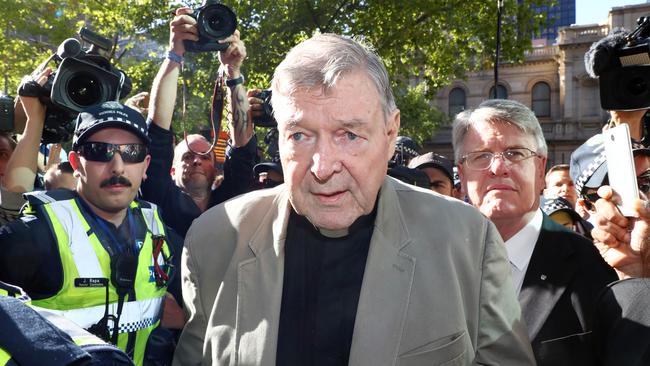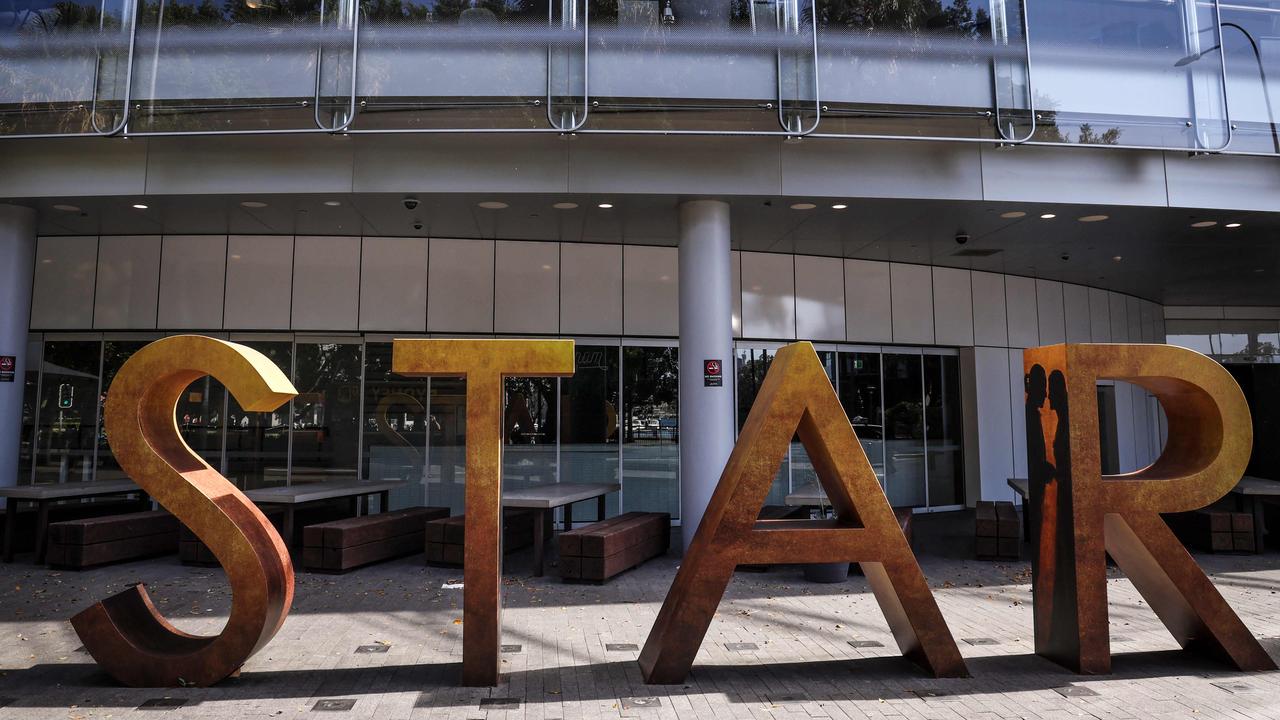George Pell case: High Court justices rejected ‘specious’ retrial bid by Victorian DPP
George Pell’s acquittal comes after the High Court rejected what it described as a ‘specious’ attempt to have the cardinal retried.

George Pell’s acquittal on sexual assault charges comes after the High Court rejected what it described as a “specious” attempt to have the cardinal retried on the same charges.
The decision to order Cardinal Pell’s acquittal is outlined in a unanimous 44-page judgment that says unchallenged evidence from defence witnesses meant there was reasonable doubt about the prosecution’s case.
The acquittal completes the rejection of the arguments presented to the High Court by Kerri Judd QC, the Victorian Director of Public Prosecutions.
She had urged the court not to uphold the cardinal’s appeal, but if it were to do so, she asked the court not to acquit him but to send him back for a rehearing.
Instead, the High Court quashed the Victorian Court of Appeal’s rejection of his earlier appeal, described the case for a rehearing as “specious” and outlined what it described as difficulties with the Victorian court’s analysis.
The High Court sidestepped several key issues that had divided the Victorian Court of Appeal based on different assessments of the reliability of evidence given by the complainant, who alleged he had been assaulted by the cardinal in 1996 and 1997.
The majority on the Victorian court — Chief Justice Anne Ferguson and Court of Appeal President Chris Maxwell — had found the complainant was “entirely authentic” and was “telling the truth”.
But judge Mark Weinberg had delivered a 204-page dissent that sided with the cardinal and highlighted what the judge said had been inconsistencies and discrepancies in the complainant’s testimony. However, the High Court based its decision not on the credibility or otherwise of the complainant, but on the existence of reasonable doubt — which the court decided meant there was a significant possibility an innocent man had been convicted.
The High Court struck down the cardinal’s conviction, despite stating that it may be accepted that judges Ferguson and Maxwell “did not err” in finding the complainant’s evidence about the first of two alleged assaults did not contain discrepancies.
Reasonable doubt, not the credibility of the complainant, was considered by the High Court to be the critical factor in the case.
The seven judges noted that Victoria’s Justice Weinberg had said in dissent that it would have been better if the cardinal’s defence team had not asserted that the allegations against the cardinal had been impossible.
The High Court said the Court of Appeal’s majority had adopted a practice of analysing the evidence that had been inconsistent with the complainant’s allegations to determine whether it was still “realistically possible” that the complainant’s account was true.
The High Court found such a doubt existed in the Pell case because the evidence from defence witnesses meant the prosecution’s case had been affected by “compounding improbabilities”.
And while the Victorian Court of Appeal had viewed video recordings of the witnesses at the jury trial, the High Court rejected the argument that it was legitimate for appeal courts to engage in this practice whenever such material exists.
The judgment said this was not a practice that should generally be adopted by courts of criminal appeal, although some cases might be exceptional and the parties might identify a forensic purpose that would justify an appeal court engaging in the practice.



